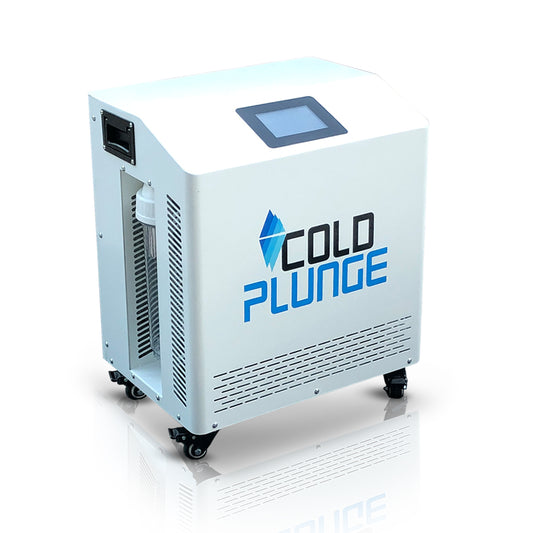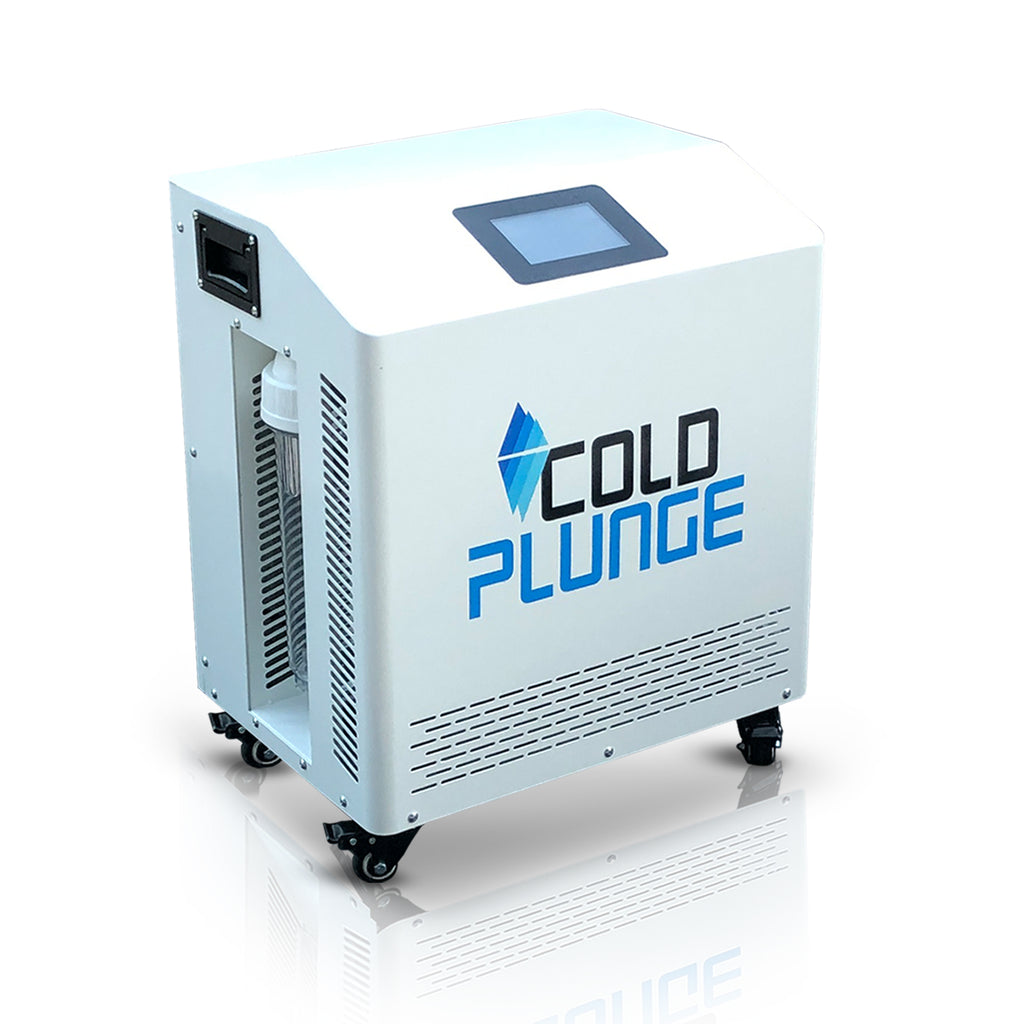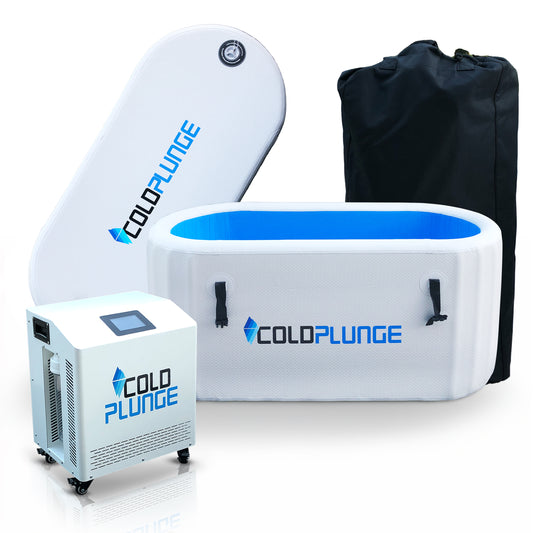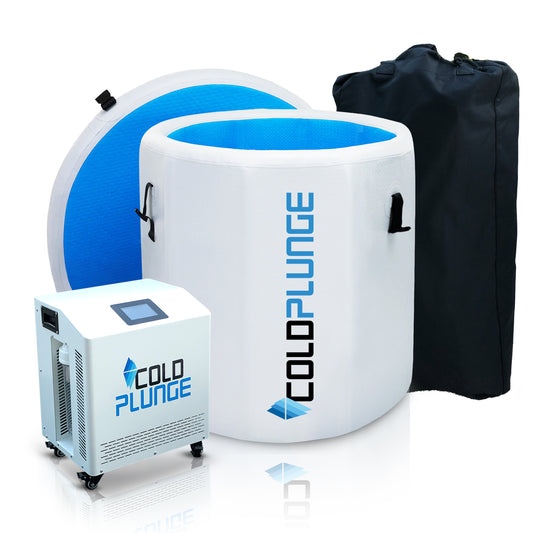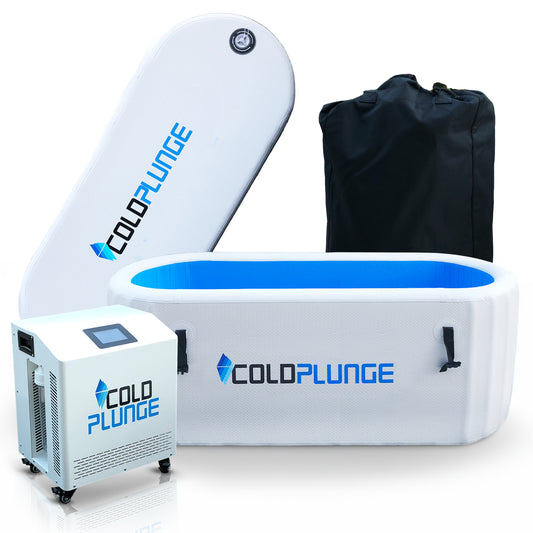Cold water therapy, also known as cold water immersion or cold hydrotherapy, is a practice that involves exposing the body to cold water for therapeutic purposes. One of the notable benefits of cold water therapy is its ability to reduce stress. Here's how this therapy can help alleviate stress:
-
Activation of the Parasympathetic Nervous System:
- Cold water immersion activates the body's "fight or flight" response initially, leading to increased heart rate and adrenaline release. However, as the body adapts to the cold, there is a subsequent shift towards the parasympathetic nervous system, often referred to as the "rest and digest" system. This activation promotes relaxation and counteracts the stress response.
-
Release of Endorphins: Cold exposure triggers the release of endorphins, which are natural mood lifters and pain relievers. These feel-good chemicals help create a sense of well-being and reduce stress and anxiety.
-
Stress Hormone Regulation: Cold water therapy can modulate the release of stress hormones like cortisol and adrenaline. Over time, with regular practice, this modulation can lead to a reduced overall stress response.
-
Improved Sleep Quality: Cold exposure can enhance sleep quality by promoting deeper and more restorative sleep. Adequate and restful sleep is crucial for stress management.
-
Enhanced Blood Circulation: Cold water immersion stimulates blood flow and can help improve circulation. Enhanced circulation facilitates the delivery of oxygen and nutrients to the body's tissues, which can contribute to relaxation and stress reduction.
-
Mental Resilience: Consistent exposure to cold water can build mental resilience by training the mind to adapt to uncomfortable and stressful situations. This mental toughness can translate into better stress management in everyday life.
-
Increased Tolerance to Stressors: Cold water therapy can help individuals become more resilient to stressors, both physical and mental. This increased tolerance can make it easier to cope with everyday challenges.
-
Reduced Muscle Tension: Cold water immersion can lead to muscle relaxation and reduced tension. Relaxing the muscles can contribute to an overall sense of calm and relief from physical manifestations of stress.
-
Enhanced Mood: Cold exposure has been shown to positively impact mood and reduce symptoms of depression and anxiety. This effect is likely due to a combination of physiological and psychological factors.
-
Distraction from Stressors: The shock of cold water can temporarily divert attention away from sources of stress, providing a mental break and a change of focus.
It's important to note that cold water therapy should be performed safely and gradually. Sudden or prolonged exposure to extremely cold water can be harmful, so it's essential to build tolerance over time and ensure that you are properly acclimated to the practice.
Individual responses to cold water therapy may vary, so it's crucial to listen to your body and consult with a healthcare professional if you have underlying medical conditions or concerns. Incorporating cold water therapy into a well-rounded stress management plan that includes techniques such as relaxation exercises, mindfulness, and proper self-care can provide the most comprehensive benefits for stress reduction.


